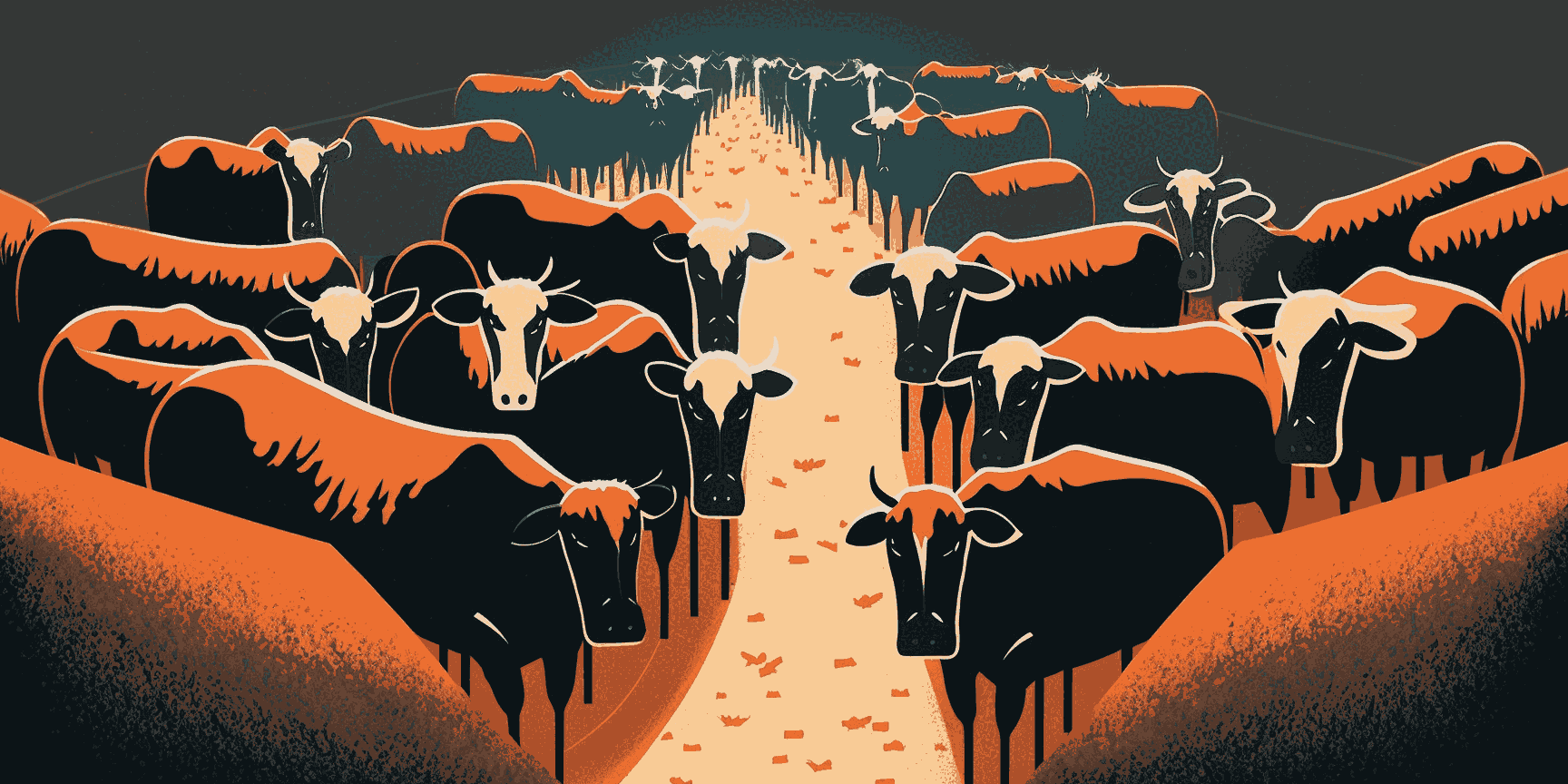Livestock And Climate Change: The Surprising Link You Need To Know
Are you aware of the impact livestock farming has on the environment? It's time to learn about the surprising link between livestock and climate change.
Table Of Content
- The Environmental Impact Of Livestock Farming
- How Livestock Contributes To Climate Change
- What You Can Do To Help
- Conclusion
- Cause
- Is Caused By
As the world grapples with the looming threat of climate change, many people are turning to sustainable living practices in order to reduce their carbon footprint. While the focus is often on reducing energy consumption and cutting back on waste, there is one area that is often overlooked: livestock. Despite being a crucial part of many people's diets, livestock have a surprising impact on the environment and contribute significantly to climate change.
The Environmental Impact Of Livestock Farming
One of the primary ways that livestock impact the environment is through land use. In order to raise animals for meat, dairy, and other products, vast tracts of land are cleared for grazing and feed production. This can lead to deforestation and habitat loss, as well as soil degradation and erosion.
Livestock farming also has a significant impact on water resources. The amount of water needed to produce a pound of meat is much higher than that needed to produce a pound of plant-based foods, and livestock farms can contribute to water pollution through runoff and waste disposal.
Finally, the production and transport of animal products is a major source of greenhouse gas emissions. From the feed and fertilizer used to grow crops for livestock, to the methane produced by animals themselves, the livestock industry is a significant contributor to global warming.
How Livestock Contributes To Climate Change
The production and transport of animal products is a major source of greenhouse gas emissions. From the feed and fertilizer used to grow crops for livestock, to the methane produced by animals themselves, the livestock industry is a significant contributor to global warming.
One of the key ways that livestock contribute to climate change is through the production of methane. Methane is a potent greenhouse gas that is many times more effective at trapping heat than carbon dioxide. Livestock produce large amounts of methane through enteric fermentation (the process by which food is broken down in the animal's stomach) and manure management.
In addition to methane, livestock farming also contributes to climate change through the production of nitrous oxide. Nitrous oxide is another potent greenhouse gas that is produced when nitrogen-based fertilizers are used to grow crops for animal feed.
What You Can Do To Help
If you're concerned about the impact of livestock farming on the environment, there are a few things you can do to help:
- Reduce your consumption of animal products: One of the most effective ways to reduce the environmental impact of livestock farming is to eat less meat, dairy, and eggs. Consider incorporating more plant-based foods into your diet.
- Choose sustainable animal products: If you do eat animal products, look for products that are produced using sustainable farming practices. This can include grass-fed beef, pasture-raised poultry, and organic dairy products.
- Support local farmers: Buying meat, dairy, and eggs from local farmers can help reduce the environmental impact of transportation and support sustainable farming practices.
Conclusion
While it's easy to overlook the impact of livestock farming on the environment, the truth is that it's a major contributor to climate change. By reducing our consumption of animal products and choosing sustainable options when we do eat them, we can help reduce the environmental impact of livestock farming and create a more sustainable future for ourselves and future generations.




